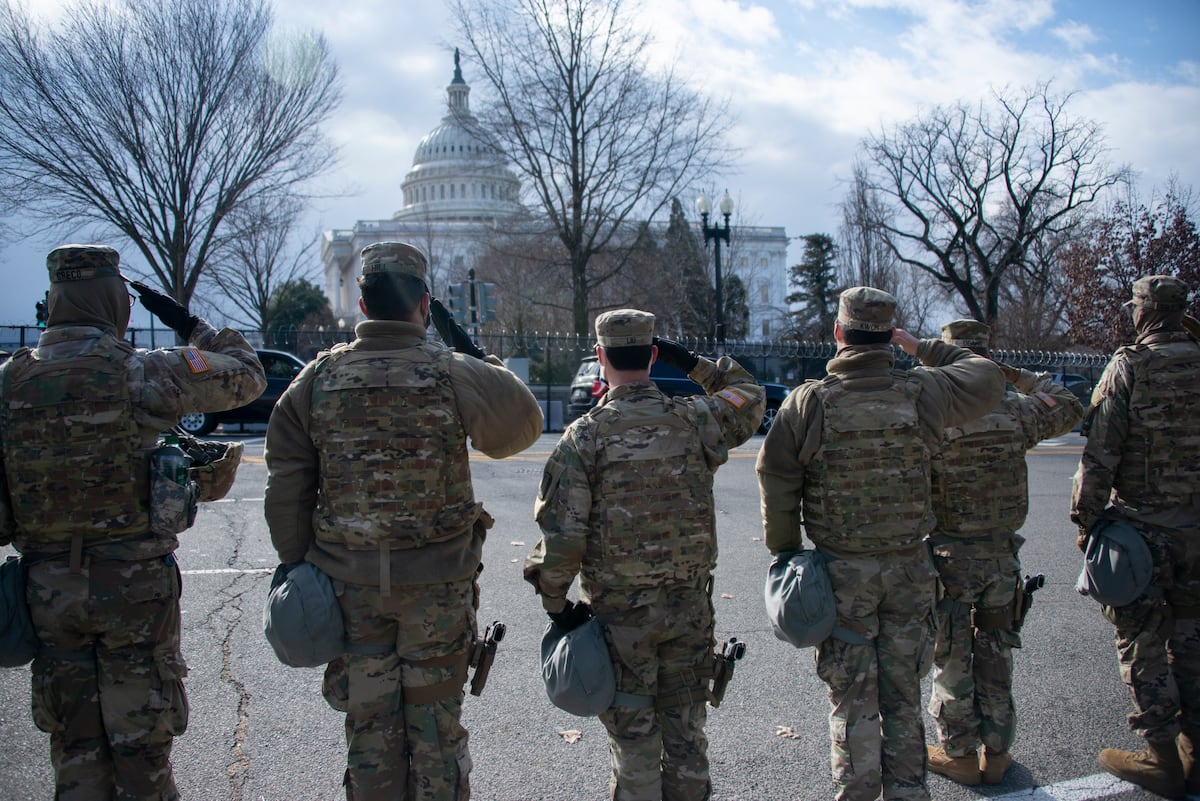The Virginia National Guard is set to mobilize 60 service members to assist the U.S. Immigration and Customs Enforcement (ICE) with logistical and administrative support across the state. Training for these troops will commence later this month, with operational duties expected to begin in early September 2023. The National Guard clarified that these personnel will not engage in law enforcement activities or make arrests.
According to a press release dated August 8, the Guardsmen will provide essential support in areas such as answering phones, data entry, basic vehicle maintenance, biometric data collection, and other clerical tasks. “These soldiers and airmen will report directly to ICE leadership at their assigned locations but will remain under the control and direction of the Virginia Governor and the Adjutant General of Virginia,” the release stated.
Virginia Governor Glenn Youngkin emphasized that the role of the National Guard in this context is strictly administrative. “It’s logistics and administration and processing, not the field stuff ICE enforcement does,” he told reporters. This clarification seeks to distinguish the nature of the support from active law enforcement roles typically associated with ICE operations.
Under the authority of their respective state governors, National Guard troops generally serve in non-law enforcement roles. The deployment of these troops will occur under Title 32 status, which allows for federally funded support while maintaining state control. In a statement from Sean Parnell, Chief Pentagon Spokesman, the Department of Defense noted that operational needs may require direct interactions with individuals in ICE custody, leading to this decision.
This development aligns with a broader trend of National Guard support for ICE, which has historically included non-enforcement activities. For instance, the California National Guard operates a counter-drug task force that provides logistical support to U.S. Customs and Border Protection, assisting at international ports of entry under the backing of Governor Gavin Newsom. Similar support roles exist in other states, including Colorado, where the National Guard aids law enforcement with various logistical functions.
The announcement from the Virginia National Guard follows similar mobilizations in other states, such as Florida, where guard troops are being called up to provide logistical assistance to ICE. The Pentagon’s evolving approach reflects a shift in how federal and state resources are allocated in support of immigration enforcement. Earlier in July, 200 Marines were deployed to Florida for ICE support, but these troops have since been withdrawn.
As logistical demands from ICE increase, the involvement of National Guard units underscores the ongoing collaboration between federal and state agencies in managing immigration enforcement operations.
